According to Lawyer Nguyen Thanh Ha, the process of streamlining the apparatus will be an opportunity for officials, civil servants and public employees to find new job positions that are more suitable to their abilities.
Streamlining the apparatus is a major policy that is being vigorously implemented to improve the operational efficiency of the administrative system. Lawyer Nguyen Thanh Ha - Chairman of SB Law Firm shared with reporters of Cong Thuong Newspaper about this issue.
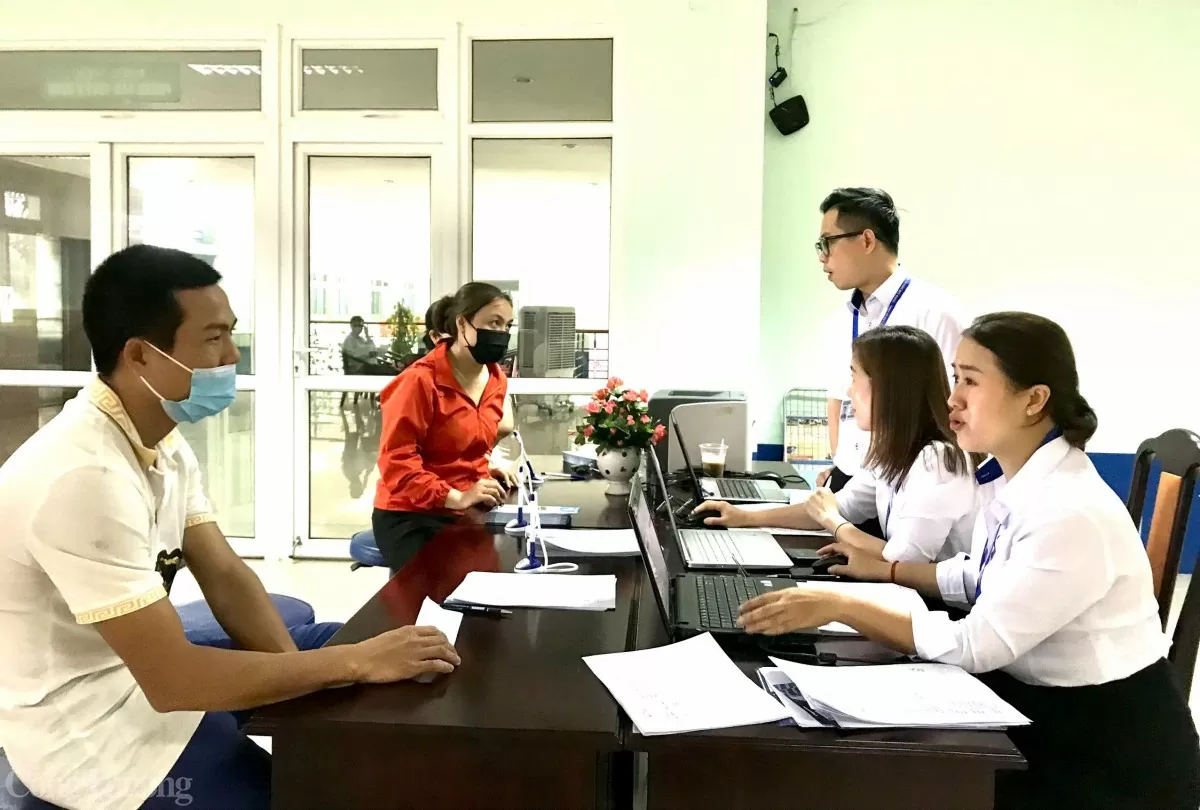 |
| Implementing a policy to support officials affected by the process of streamlining the organizational apparatus is to ensure the rights and responsibilities of employees in the public sector. Photo: HQ |
In the process of streamlining the apparatus, what do you think about the development of mechanisms and policies to support affected cadres, civil servants and public employees?
In my opinion, building support mechanisms and policies not only has legal significance but also demonstrates humanity, helping cadres, civil servants and public employees have more resources to maintain their lives and find new jobs, while ensuring that administrative reform goals are implemented effectively and sustainably.
In addition, support policies such as severance pay, unemployment benefits, unemployment insurance and social insurance under the Law on Cadres and Civil Servants and Decree 29/2023/ND-CP currently play an important role in helping workers maintain basic living conditions, reduce economic pressure and ensure health benefits during this period.
Accordingly, the above policies not only directly support affected workers but also promote effective administrative reform, ensure transparency, fairness and receive consensus from society, while contributing to reducing unemployment, stabilizing society and increasing trust in the State's reform policies.
It is known that the Ministry of Home Affairs is the unit assigned with the responsibility of developing mechanisms and policies to support affected officials and civil servants in the process of streamlining the organizational apparatus. However, I think that in the process of developing policies, the Ministry of Home Affairs needs to focus on designing comprehensive solutions, not only stopping at financial support but also creating conditions for affected officials, civil servants and public employees to have the opportunity to reintegrate into the labor market through vocational retraining programs, skill conversion, or creating conditions for them to participate in the private economic sector.
Another important task of the Ministry of Home Affairs is to ensure transparency, fairness and suitability for each affected group. In particular, it is necessary to pay attention to groups of older officials, those with long service experience or those belonging to vulnerable groups, in order to create consensus and reduce fear when implementing streamlining policies.
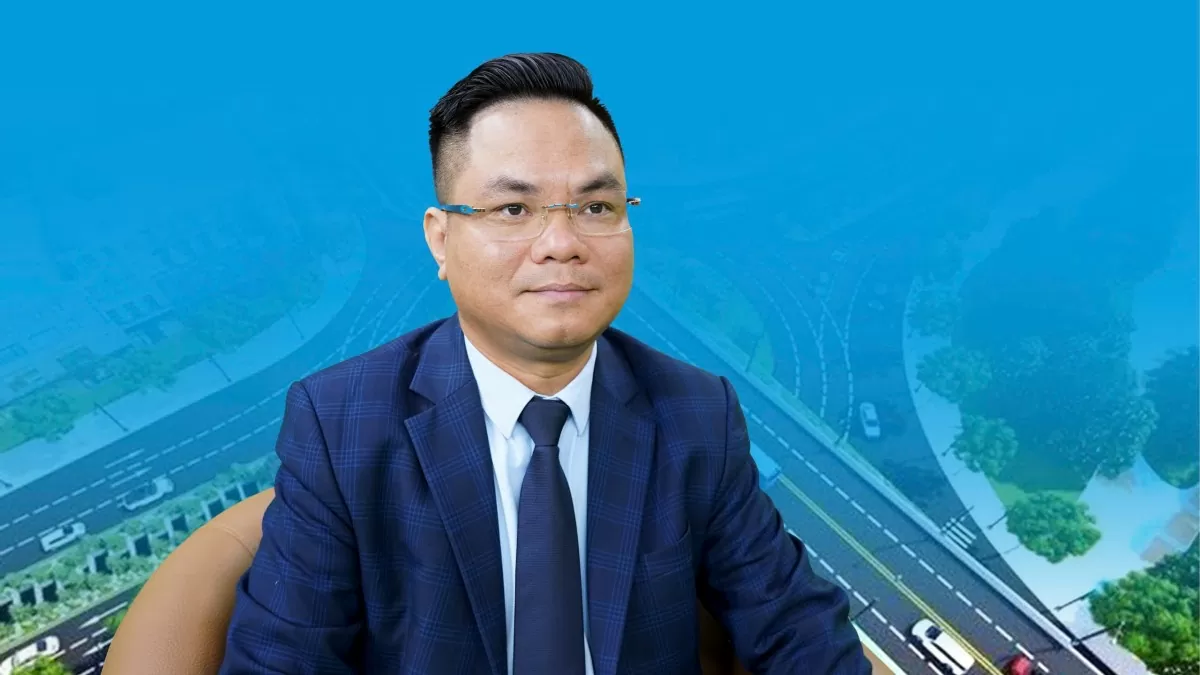 |
| Lawyer Nguyen Thanh Ha - Chairman of SB Law Firm. Photo: Quoc Chuyen |
Many people believe that in order to reorganize and streamline the apparatus, in addition to the policy regime for early retirement, there must be a strong enough and attractive enough mechanism to retain talented people in the state apparatus. What is your opinion on this issue?
The story of “brain drain” from the public sector to the private sector has been going on for a long time, not only in Vietnam. This is an issue that is often mentioned in conferences discussing the State apparatus, especially when it comes to attracting and using talented resources for the public system. Therefore, in the upcoming restructuring and streamlining of the State apparatus, in addition to policies for early retirement, it is also necessary to have strong and attractive mechanisms to retain talented people.
To effectively attract talent, it is necessary to meet the following factors: Having a reasonable remuneration regime, talented people need to be paid a salary commensurate with their capacity and contribution. The salary of civil servants needs to be adjusted to be attractive enough so that talented people feel that they are properly evaluated for their efforts and capacity. In addition, other benefits such as health insurance, social insurance, family support, vacation and retirement regimes need to be built reasonably. These benefits not only create a sense of security, but also help civil servants feel satisfied and committed to their jobs for a long time.
Next, the government needs to provide opportunities for learning, training and career development, which is an important factor in helping talented people feel motivated and confident about their future in the public sector. In addition, a fair and effective promotion mechanism is needed. The promotion mechanism in the public sector must be transparent and fair so that talented people feel that their career development is not limited, and that they can achieve higher positions if they have the ability and dedication.
Finally, the public sector needs to create policies that encourage innovation, helping civil servants not only to complete administrative tasks but also to contribute to improving the efficiency of the state apparatus. The government needs to have mechanisms to support civil servants to contribute creative ideas and improve work processes. When civil servants see that their initiatives can be applied in practice and create positive change, they will feel that their work is meaningful and long-term.
In fact, with the introduction of strong enough policies, the State will need a significant budget to retain talented people as well as support officials affected by the restructuring and streamlining of the apparatus. So, in your opinion, how should resources be mobilized appropriately?
First of all, the central budget is the main source of finance that the State can rely on to implement support policies for cadres and civil servants. The Government can adjust the annual budget to increase spending on salary reform programs. This not only helps ensure the lives of cadres and civil servants but also creates consensus in society, contributing to political stability and economic development.
In addition, localities can exploit increased revenue from local budgets, especially from economic development activities, to supplement the budget to support officials and civil servants. If some localities have surplus budgets from previous years, they can also use this amount to invest in support programs. This will help reduce the burden on the central budget, encouraging localities to be more proactive in managing their finances.
Many state agencies and units currently have revenue from career activities such as public services, fees and charges. Part of this revenue can be used to pay for support policies for officials and civil servants. This can be seen as an additional financial resource, thereby encouraging agencies to be more autonomous in managing and using their finances.
At the same time, the State can save on regular expenses by cutting some unnecessary expenses or optimizing work processes, and can also allocate about 10% of these savings to supplement the budget for implementing support policies. This will help the State maintain financial balance while still ensuring the rights of affected officials and civil servants.
In addition, streamlining the payroll not only brings efficiency in human resource management but also creates a significant savings for the state budget. The savings from downsizing can be used to support affected officials and civil servants in the process of transitioning to new jobs or stabilizing their lives.
Currently, having to leave the state apparatus is having a big impact on the mindset of many officials, civil servants and public employees. Regarding this, what do you have to share with those who are affected by this restructuring and streamlining of the apparatus?
The concerns and worries of officials and civil servants during each time of streamlining the apparatus and reducing the payroll are understandable. However, in my opinion, those affected by this restructuring and streamlining of the apparatus need to clearly understand the goal of streamlining the apparatus.
That is, streamlining the state apparatus is aimed at reducing the number of officials, aiming at improving the efficiency of the administrative system. The Government is making efforts to reform to build a more effective and efficient apparatus, better serving the people and businesses. From there, it is possible to create new opportunities for officials and civil servants in career development and skill improvement.
While leaving the public sector can be a source of anxiety, it is also an opportunity for civil servants to seek new opportunities and new positions that better suit their abilities and interests. They should proactively update their skills, attend training courses or learn from those who have gone before them to best prepare for this transition. Expanding their network and connecting with industry experts will also help them find better job opportunities.
In addition, the Government has committed to developing support policies for officials and civil servants affected by the process of streamlining the apparatus. This includes reasonable remuneration, vocational training programs and support in finding new jobs. Officials and civil servants should grasp information about these policies to be able to make the most of the opportunities provided by the Government.
In addition, civil servants can participate in the reform process by providing feedback and suggestions on policies to streamline and streamline the apparatus. Their participation not only helps improve the process but also creates a sense of being heard and respected during the transition. Finally, it is important to always maintain an optimistic and persistent spirit. In the current context, maintaining an optimistic spirit is very important. Civil servants need to remember that change always comes with challenges but also brings many new opportunities.
Thank you!
Source: https://congthuong.vn/tinh-gon-bo-may-la-co-hoi-de-can-bo-cong-chuc-vien-chuc-tim-kiem-viec-lam-phu-hop-nang-luc-365494.html










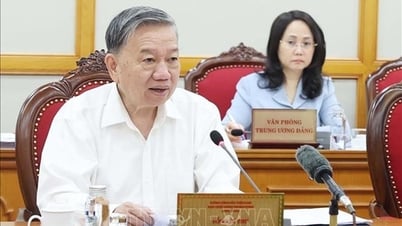



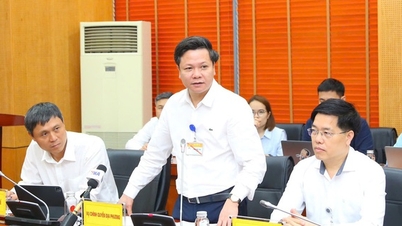



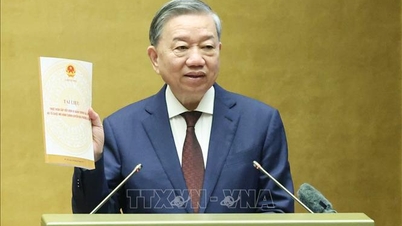


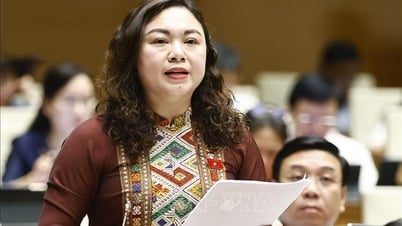














![[Photo] Ho Chi Minh City: Many people release flower lanterns to celebrate Buddha's Birthday](https://vphoto.vietnam.vn/thumb/1200x675/vietnam/resource/IMAGE/2025/5/10/5d57dc648c0f46ffa3b22a3e6e3eac3e)
![[Photo] General Secretary To Lam meets with Chairman of the Federation Council, Parliament of the Russian Federation](https://vphoto.vietnam.vn/thumb/1200x675/vietnam/resource/IMAGE/2025/5/10/2c37f1980bdc48c4a04ca24b5f544b33)















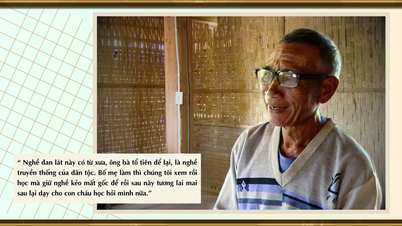




























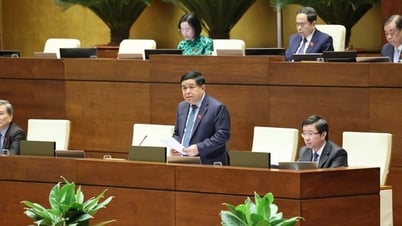







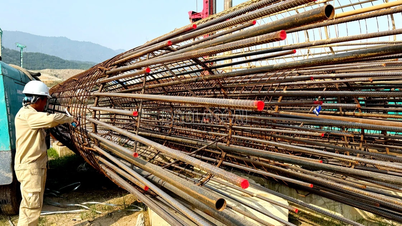















Comment (0)